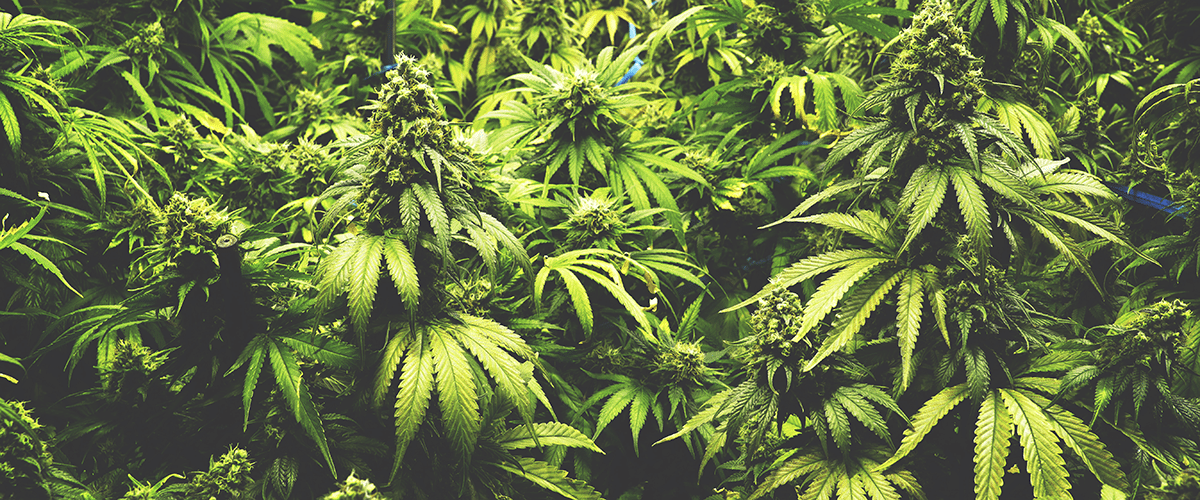[vc_row][vc_column][vc_column_text]
With Canada’s growing medical marijuana industry and recreational marijuana becoming legal next summer, the country’s supply of marijuana could fall short of demand.
Canada may soon find itself with a shortage of marijuana. The country is running out of legal cannabis for medical users, and the country is slated to legalize recreational marijuana no later than July 2018. Bloomberg reports that politicians and some analysts are concerned that supply will soon become inadequate to meet demand.
With the legalization of recreational marijuana planned for less than a year away, Ontario Minister of Finance Charles Sousa is concerned that the lack of supply could cause the government to delay rolling out the program.
“Ultimately the biggest problem that appears after today’s discussion is one of supply,” Sousa told Bloomberg. “So we want to make certain that, when we do proceed, there is sufficient supply to accommodate the activity because what we’re trying to do is curb the illicit use and organized crime that now exists around it.”
Canada’s medical cannabis industry has been growing significantly, with the number of registered users tripling since last year, to 167,754. Once operational, Canada’s recreational market is projected to generate $4.5 billion in annual sales by 2021, according to a report, and the combined demand for recreational and medical marijuana could reach 575,000 kilograms by that time.
“There will be a shortage initially,” said PI Financial analyst Jason Zandberg. “My concerns are that if that is used as an excuse to push the date of recreational legalization back, there’s a danger that it slips into the next election cycle and doesn’t actually happen.”
Canadian Prime Minister Justin Trudea’s “Framework for Legalization,” released in April, is designed to ensure public safety by helping manage teen marijuana use and reducing illegal activity. The government has accepted many of the recommended regulations submitted by a Cannabis Task Force, but are still determining certain key details, including taxation. Federal Finance Minister Bill Moreau has said that it’s important that tax rates be low enough to starve out the illegal market. A shortage of legal cannabis, however, would hinder any effort to shrink or altogether wipe out the illegal market. Additionally, once recreational marijuana is legalized, the shortage could cause medical users to be pushed aside.
Marijuana producers are actively building out their capacity, and Health Canada has pledged to speed up its licensing approval process for interested growers. The government already issued new licenses, but it takes companies close to a year to ramp up production.
“I don’t know what anyone can do about it – you can’t force the plants to grow faster,” said Cam Mingay, a senior partner at corporate law firm Cassels Brock. “You could approve 50 more tomorrow, and realistically they could probably be in production by the end of 2018 in any meaningful capacity.”
Under the new recreational law, legal cannabis will likely be sold only via online orders and mail order for delivery. Adults over 18 years of age will also be able to legally grow up to 4 plants.
You can learn more about cannabis laws in Canada by visiting our education page.[/vc_column_text][/vc_column][/vc_row]






